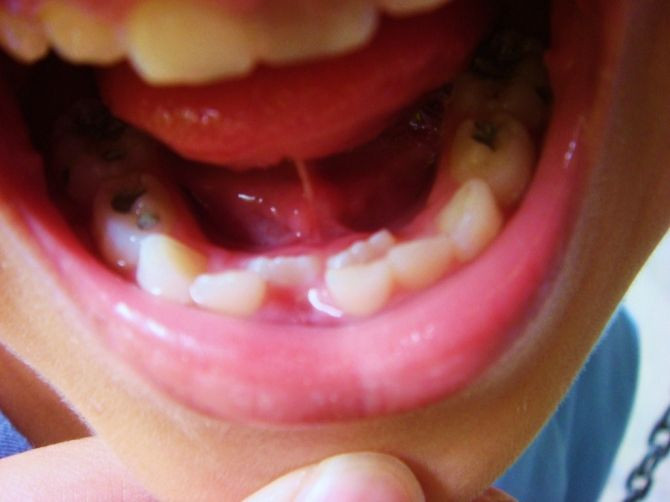Bad Breath Gas Speeds Up Stem Cell Transformation

An odorous gas, notorious for causing terrible breath and flatulence, and is also used in stink bombs has been used by Japanese scientists to speed up the process in transforming stem cells from human teeth into new liver cells.
Hydrogen sulphide, which smells like rotten eggs and cause, is a very poisonous and flammable gas in large quantities, and is produced in small amounts by bacteria living in the gut of mammals that break down organic matter.
Researchers at the Nippon Dental University found that the toxic gas actually increased the purity and proportion of stem cells from dental pulp, located in the middle of the tooth and made up of connective tissue and cells.
Yaegaki said that the stem cells produced liver cells that could be used to repair the organ of liver or hepatic disease patients, and that “high purity” stem cells are significantly less likely to turn into cancer cells.
“High purity means there are less 'wrong cells' that are being differentiated to other tissues, or remaining as stem cells,” lead researcher Dr. Ken Yaegaki said in a university news release.
Some Chinese researchers have also previously reported that hydrogen sulphide had also imporved the survival chance of mesenchymal stem cells derived from the bone marrow of rats.
“Moreover, these facts suggest that patients undergoing transplantation with the hepatic cells may have almost no possibility of developing teratomas or cancers, as can be the case when using bone marrow stem cells,”
Yaegaki and his team of researchers obtained dental pulp from the teeth of dental patients who were undergoing routine tooth extractions, and once the cells were prepared they grouped the cells into two batches. The test cells were incubated in a hydrogen sulphide chamber, and were harvested and analyzed after every three days for nine days.
The results, published on Monday in the Journal of Breath Research, indicated that the incubated cells differed significantly from the control cells in heightened purity and in more quantity.
"Until now, nobody has produced the protocol to regenerate such a huge number of hepatic cells for human transplantation. Compared to the traditional method of using fetal bovine serum to produce the cells, our method is productive and, most importantly, safe" concluded Yaegaki.
Although the results appear to be promising for newer, quicker and more efficient clinical treatments, more research is needed to determine its use for future therapy.
“This is interesting work in a new direction but there's a long way to go to see if it is usable therapeutically,” Professor Anthony Hollander of the University of Bristol told the Press Association.
“It would be interesting to see how hydrogen sulphide works with other cells types,” said Professor Chris Mason, a specialist in regenerative medicine at University College London, according to BBC reports.
While the precise function of the hydrogen sulphide in the body is unknown, scientists believe that it plays a role in many physiological processes and disease states.
Published by Medicaldaily.com



























